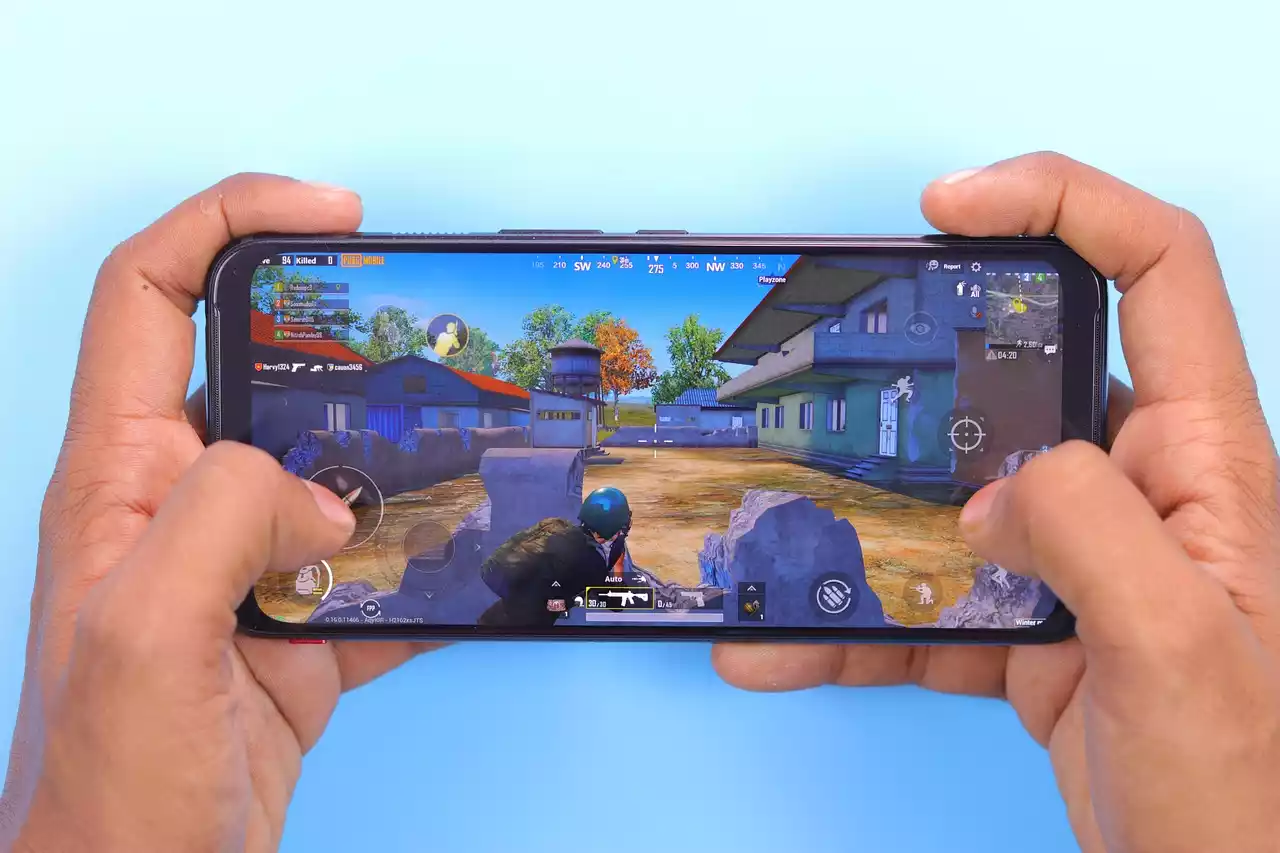
Gaming has changed a lot over the years. The digital gaming world is vast and complex, with its evolution spanning from arcade classics to modern multiplayer games. This world is what we call the “Gameverse.” Within it, we find Thegame Archives, a treasure trove that preserves the history, stories, and evolution of video games. This article will explore the role of Gameverse Thegame Archives in the preservation of gaming culture.
What is the Gameverse?
The Gameverse refers to the virtual universe that encompasses all video games and their worlds. Whether it’s role-playing games (RPGs), first-person shooters (FPS), or platformers, the Gameverse ties these experiences together. It’s not just a collection of games but a network involving communities, narratives, technology, and art.
Within this universe, Thegame Archives play a key role in preserving video game history. They capture the origins and evolution of games, ensuring future generations can appreciate their legacy.
Why are Thegame Archives Important in the Gameverse?
Gameverse Thegame Archives act as digital museums. These archives help preserve gaming history, which could otherwise be lost. Many early games, such as those on the NES or Sega Genesis, are in danger of being forgotten due to outdated hardware.
These archives preserve the games digitally. Through emulation and re-releases, they allow these old games to live on. Many archives also include extra materials, such as developer interviews, design sketches, and early prototypes. These resources give a fuller picture of the games’ development and cultural impact.
How Thegame Archives Preserve Gaming History
Preserving video games isn’t just about saving files. It’s about ensuring that older games remain playable on modern systems. Here are the main methods used by Gameverse Thegame Archives to preserve gaming history.
Emulation and Digital Preservation
Emulation allows old games to run on modern computers by mimicking the original hardware. This is crucial for preserving games from consoles that are no longer in use. Gameverse Thegame Archives often rely on emulators to offer these games to new generations of players. For example, the Internet Archive has a large collection of games that can be played directly in your browser. These games come with detailed information about their history and significance.
Digital Re-Releases and Remasters
Re-releases and remasters are another way Gameverse Thegame Archives keep games alive. Game companies like Nintendo, Sony, and Microsoft often release old games for new consoles. These re-releases may feature improved graphics or added content.
Remasters, like those of “Final Fantasy VII” or “The Legend of Zelda: Ocarina of Time,” allow players to experience classics with updated visuals and smoother gameplay. These updates ensure that the essence of the games is preserved while making them accessible to a new audience.

Documentation and Developer Insights
Preserving games involves more than just saving the software. Thegame Archives also collect valuable documents, such as early design concepts, developer interviews, and original pitch materials. These resources offer a deeper understanding of game development.
For example, archival materials may include early design prototypes or notes on how specific game mechanics evolved. These documents shed light on the creative processes behind the games, offering an insider’s look into the development world.
The Role of Thegame Archives in Gameverse Communities
Gameverse Thegame Archives don’t just preserve games. They also support the communities around them. Fans of specific games or genres often form communities online. These groups thrive by discussing game history, sharing fan art, and creating content inspired by their favorite titles.
These communities are crucial to preserving gaming history. They not only keep the spirit of older games alive but also contribute to the archives by sharing their experiences. Communities help keep games relevant through fan-driven content, which often gets included in Thegame Archives.
For instance, archives for games like “Pokémon” or “Super Mario” include not only the games but also fan-generated materials. These contributions provide a broader context to the game’s impact on culture and highlight how players keep the game’s legacy alive.
Thegame Archives as a Resource for Research
Gameverse Thegame Archives are valuable for more than just players; they’re also critical for researchers. Game studies, digital culture, and media preservation experts use these archives to explore the evolution of games, their impact on society, and their role as art forms.
Scholars can access early game design documents, interviews with developers, and even source code. These materials allow for in-depth analysis of how games have evolved, both as entertainment and as cultural artifacts.
For example, researchers might use archived developer interviews to explore how certain trends, such as open-world design or multiplayer modes, developed over time. The Thegame Archives provide essential resources for these studies.
What Does the Future Hold for Gameverse Thegame Archives?
As gaming continues to grow, the need for Gameverse Thegame Archives becomes even more critical. New technologies, like virtual reality (VR) and augmented reality (AR), could transform the way we interact with archives. These tools might allow users to experience games in 3D or walk through a virtual museum of game history.
Blockchain technology could also play a role in the future of preservation. It can ensure that archived files remain authentic and tamper-proof, which is essential for the long-term protection of digital content.
Conclusion
Gameverse Thegame Archives are far more than storage spaces for old games. They’re crucial to the preservation of gaming culture, keeping history alive for future generations. Through emulation, remasters, and documentation, these archives ensure that both games and their stories are not forgotten.
As gaming technology advances, the importance of Gameverse Thegame Archives will only increase. They will continue to serve as a bridge between past, present, and future, keeping the legacy of video games alive. Whether for casual gamers, researchers, or developers, Thegame Archives will remain an invaluable resource in the ever-evolving world of gaming.


